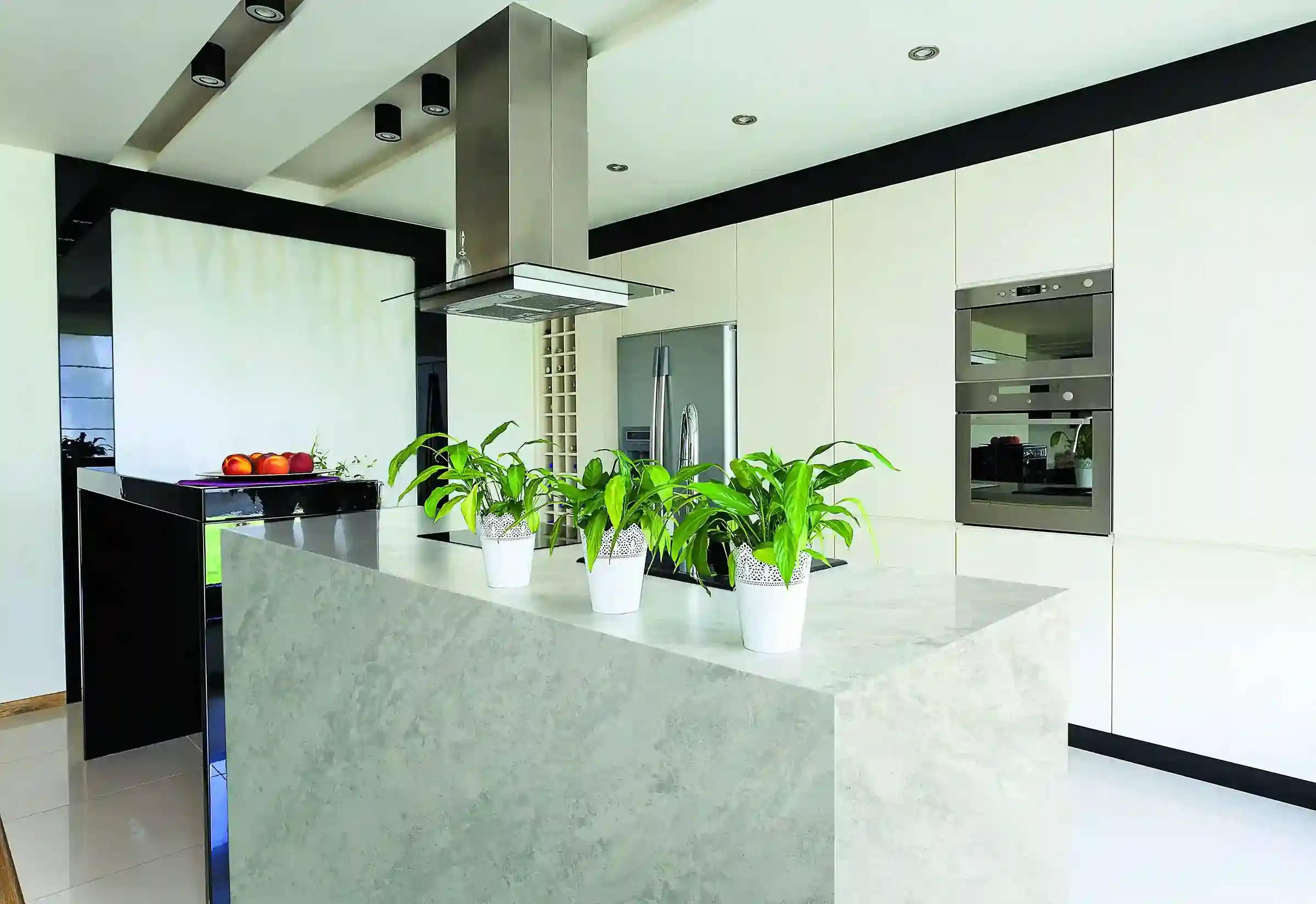All About Porcelain
What is Porcelain?
Porcelain is a form of ceramic body that results from heating a mixture of raw materials including kaolin to a temperature of 1,200 to 1,400 °C in a kiln. Defined by its strength, durability, and translucency, porcelain is an extremely useful and durable material.
Manufacturing Process
The production of porcelain is a complex process including several stages. Here are the stages we take to create porcelain:
Material Preparation: The right raw materials including kaolin, feldspar and quartz are chosen and mixed.
Shaping: The mixture is then shaped by one method or another either by casting, pressing or extruding.
Drying: The shaped pieces are dried to remove moisture which can crack the piece in the firing stage.
Firing:The dry pieces are then fired in the kiln between 1,200 and 1,400 °C. Firing vitrifies the porcelain into a strong, translucent substance.
Glazing:After the initial firing, a glaze may be added to the surface and is fired again to achieve a glossy finish.

Pros and Cons of Porcelain
Pros
Highly durable and resistant to wear and tear.
Non-porous, resisting stain and moisture.
Offered in an impressive range of colors and patterns to suit any style.
Resistant to heat and safe for a broad range of uses.
Easy to clean and relatively low-maintenance.
Cons
Generally more expensive than other surfaces.
Installation can be more complicated and may require professionals.
Heavier than many countertop surfaces.
Can be chipped or cracked by hitting or dropping heavy objects.
How to Maintain Porcelain
Porcelain is low-maintenance; however, some care recommendations can assist in ensuring its appearance and longevity:
Cleaning: when cleaning porcelain regularly, you can always use a soft cloth with mild dish soap and water. Avoid using abrasive sponges and harsh cleaners.
Stain Removal: for difficult stains, a mixture of baking soda and water will usually remove stubborn stains. In general, don’t use aggressive or harsh chemicals, as this could damage the surface.
Heat Protection: Always use trivets or heat mats under hot pots and pans to protect the surface and prevent thermal shock.
Prevent Scratches: always use a cutting board for food preparation to help you avoid scratches.
Avoid Heavy Impact: while porcelain is a sturdy, durable surface, be cautious with heavy objects; it can chip or crack if you hit it hard.

